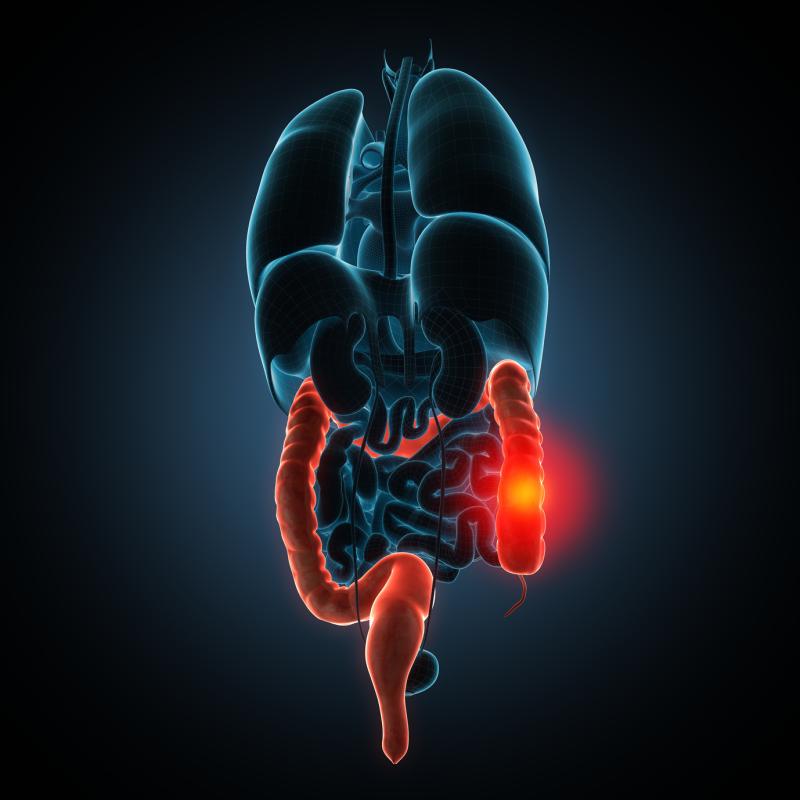
Positivity cutoff thresholds affect the efficacy of faecal immunochemical tests (FITs) in detecting colorectal carcinomas (CRCs) and advanced adenomas, reports a recent meta-analysis.
Accessing the databases of Medline and Embase, researchers retrieved 46 studies that employed FIT for CRC detection in asymptomatic adults. The resulting pooled sample included over 2.4 million participants, corresponding to 6,478 detected malignancies. Outcomes included sensitivity and specificity of the method and the number of cancers and advanced adenomas detected at different positivity thresholds.
At a positive threshold of >10 and ≤20 µg/g, FIT displayed a sensitivity of 69 percent. This climbed to 80 percent when the threshold was dropped to ≤10 µg/g. Specificity among those without malignancies, on the other hand, dropped from 94 percent to 91 percent.
For advanced adenoma alone, sensitivity increased from 21 percent to 31 percent as the threshold was lowered to ≤10 µg/g from >10 and ≤20 µg/g. Specificity dropped from 96 percent to 93 percent.
When using the primary positivity threshold employed in the different studies, the overall sensitivity and specificity of FIT for detecting the malignancies were 76 percent and 94 percent, respectively, with high heterogeneity. Excluding four studies with short follow-up durations did not change the accuracy estimates (76 percent and 93 percent, respectively) while decreasing heterogeneity.
In a theoretical population of 100,000 participants, researchers showed that dropping the positivity cutoff to <10 µg/g from >10 and ≤20 µg/g increased the number of detected CRC cases from 269 to 312, corresponding to a 16-percent jump. Detection of advanced adenoma improved by 43 percent, from 794 to 1,135 cases.